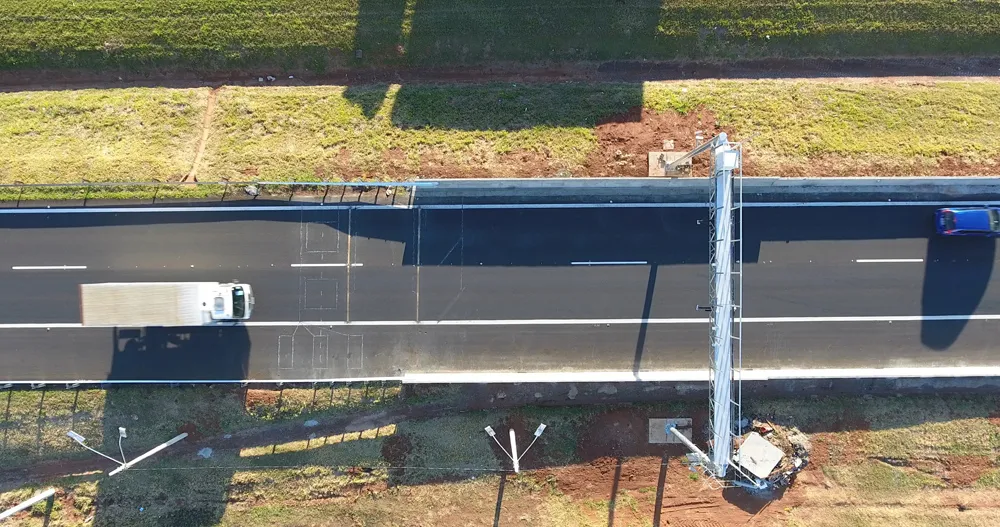Brazil's federal government will provide US$913 million for eight public transport projects in the cities of Fortaleza and Caucaia in Ceará state.
The projects include the construction of Fortaleza metro's 18.2 kilometre western line, and improvement works on the southern line, as well as the construction of a 23.2 kilometre bus corridor in Fortaleza, the conclusion of a 6.5 kilometre bus rapid transport (BRT) lane and an additional 37.2 kilometres of bus lane throughout the city. Meanwhile, Caucaia will
November 26, 2013
Read time: 1 min
Brazil's federal government will provide US$913 million for eight public transport projects in the cities of Fortaleza and Caucaia in Ceará state.
The projects include the construction of Fortaleza metro's 18.2 kilometre western line, and improvement works on the southern line, as well as the construction of a 23.2 kilometre bus corridor in Fortaleza, the conclusion of a 6.5 kilometre bus rapid transport (BRT) lane and an additional 37.2 kilometres of bus lane throughout the city. Meanwhile, Caucaia will benefit from the construction of the 52 kilometre Caucaia-Pecém light rail system (VLT).
The projects include the construction of Fortaleza metro's 18.2 kilometre western line, and improvement works on the southern line, as well as the construction of a 23.2 kilometre bus corridor in Fortaleza, the conclusion of a 6.5 kilometre bus rapid transport (BRT) lane and an additional 37.2 kilometres of bus lane throughout the city. Meanwhile, Caucaia will benefit from the construction of the 52 kilometre Caucaia-Pecém light rail system (VLT).









